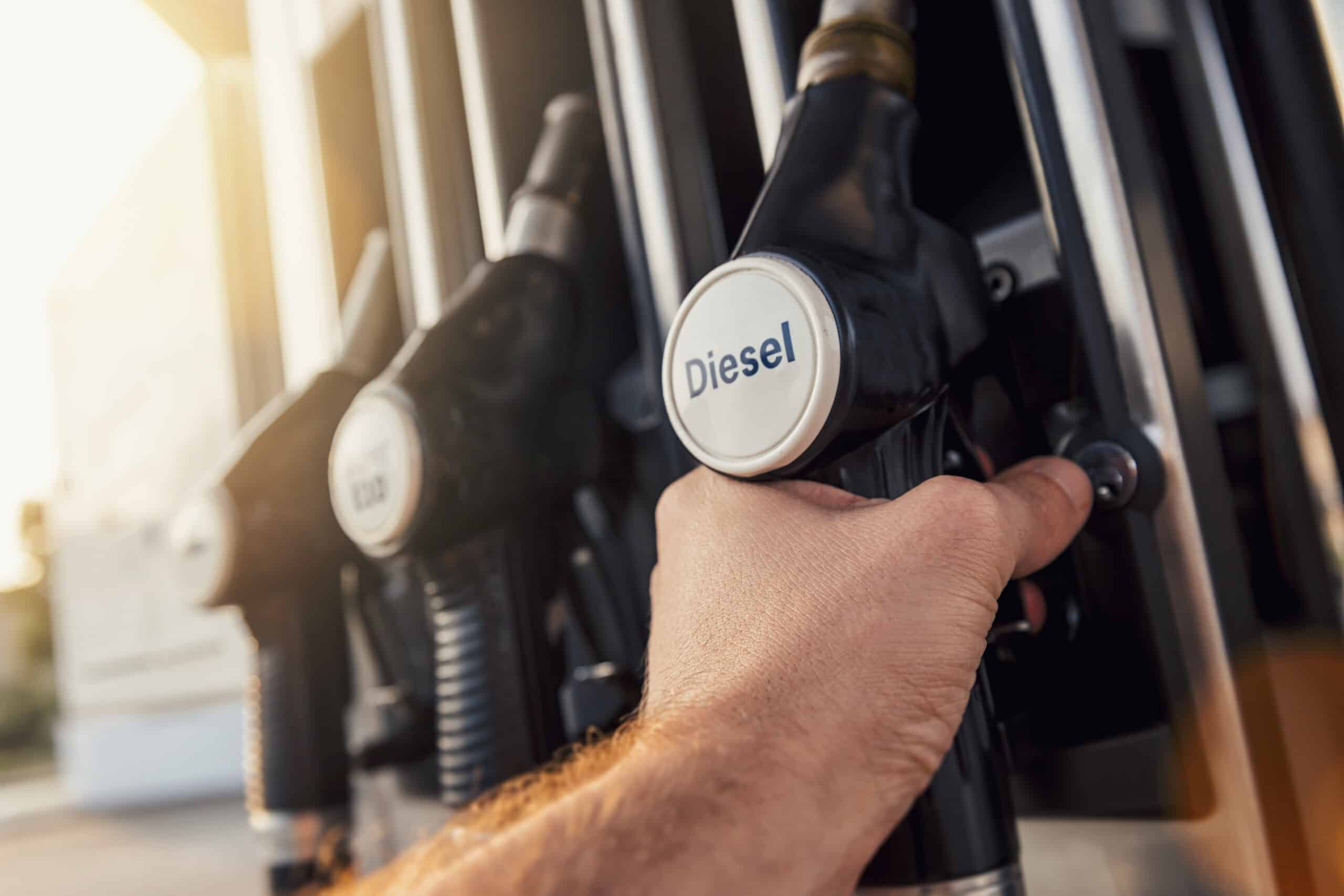Do diesel engines still have a future?
These are tough times for internal combustion engines, particularly in Europe – just look at our article from last April, on the scheduled end to their sale in 2035, for proof. However, while petrol engines still seem to have a few good years ahead of them, the same cannot be said of the ‘good old oil’, if you’ll pardon the expression. And yet, just a few years ago, it was (at least in France) the obvious choice, and seemed to be the obvious choice for most categories of vehicle. So what has happened, and is diesel really living out its final days?
Why is diesel no longer as attractive as it used to be?
Since the 1973 oil crisis, diesel has been seen as a particularly relevant fuel, and at the height of its appeal, it accounted for up to 70% of annual sales of new vehicles in France. The “king of fuels” has since been largely dethroned, by petrol on the one hand, but also by hybrid vehicles, and by 2022 it will account for barely 30% of total sales.
The acceleration in the deployment of LEZs (Low Emission Zones) is obviously not unrelated to this situation, since, as a reminder and as an example, the French “Crit’Air sticker” incorporates the problem of fine particles – which diesel engines generate more than petrol engines – so there is no ‘fuel oil’ that can be Crit’Air 1. What’s more, the future Euro7 standard, which is still under discussion, could well be fatal to diesel, which is obviously not likely to reassure potential buyers about the possible discount on their vehicles.
What are the assets – and liabilities – of diesel engines?
Having said that, a number of facts – indisputable in essence (sic) – are worth remembering, starting with the fact that a litre of diesel always contains more energy than a litre of petrol, and that a diesel engine is more efficient. The result is that, whatever we say, whatever we do, and all other things being equal, diesel remains much more fuel-efficient. This is true of petrol, but on long journeys it is also true of hybrids, particularly rechargeable hybrids, since these are extremely heavy vehicles whose fuel consumption soars once the batteries are flat.
For those who drive over long journeys, diesel is still a sensible choice, offering more range between fill-ups. What’s more, diesel engines are more torquey than petrol engines, which makes them a different kind of driving pleasure – no more exhilarating revs, but when it comes to towing large vehicles – did someone in the audience say ‘SUV’? – apart from 100% electric, and that’s another debate.
Let’s not forget either that if you drive with a right foot that’s a bit heavy – beware of the photomatons on the roadside – the fuel consumption of a diesel block can effectively double… when that of a petrol engine of equivalent power will triple, or quadruple!
What’s more, while diesel does unfortunately emit more fine particles and nitrogen oxides (NOx), it also generates less CO2… which, paradoxically, makes it more environmentally friendly, from the point of view of the fight against global warming!
However, diesel is penalised by a higher purchase price, which has always existed – with a production cost higher than that of a petrol engine – but which is no longer at all offset by the lower price of the fuel itself. At the time of going to press, the average price of a litre of unleaded petrol was €1.88, compared with €1.93 for diesel. At the same time, due to the presence of specific, very high-pressure injection rails and sometimes capricious pollution control systems, diesels have higher maintenance costs than petrol cars. What’s more, since diesel users tend, statistically speaking, to drive more than others, their cars are also logically more expensive to insure.
Last but not least, although it’s been a long time since ‘fuel oils’ lost – and rightly so – their bad reputation for producing a lot of nauseating fumes, these engines are still noisier, particularly when accelerating and idling. Nevertheless, anyone who has heard a BMW M5 (E60) V10 at tickover, or conversely a 335d in-line 6-cylinder diesel, will know that this subject is more subjective than it seems. So it’s not a real barrier to purchase.
So, should we send out the death notice for diesel?
Before you dress in black to attend the funeral of this ebony hydrocarbon, don’t rush!
In fact, in the last few months of 2023, sales of electrified vehicles – hybrids and electrics – have stagnated, while interest in diesel vehicles has picked up again. Surprising though this situation may seem, it actually reflects the conjunction of two opposing underlying trends.
On the one hand, pressure from the public authorities to promote all-electricity is coming up against the concrete reality of the purchase price of these same vehicles and the difficulties of recharging them as easily as customers would like, and on the other, the very attractive – and very tangible – fuel consumption figures of the latest diesel units to go on sale.
To put it another way, when you have the choice between a Plug-in hybrid SUV, which the manufacturer claims to use 1.5l/100km in combined driving, as indicated by the WLTP homologation cycle, but which, in ‘real life’, consumes around 8l/100km because the batteries are empty after only about twenty kilometres, and that the same diesel SUV needs “only” 6l/100km … you’ve got to admit that there’s plenty of reason to hesitate!
Sources: www.automobile-magazine.fr, www.autojournal.fr, www.autoplus.fr, www.capital.fr

- Home
- Aftermarket Activity
- News
- Do diesel engines still have a future?

